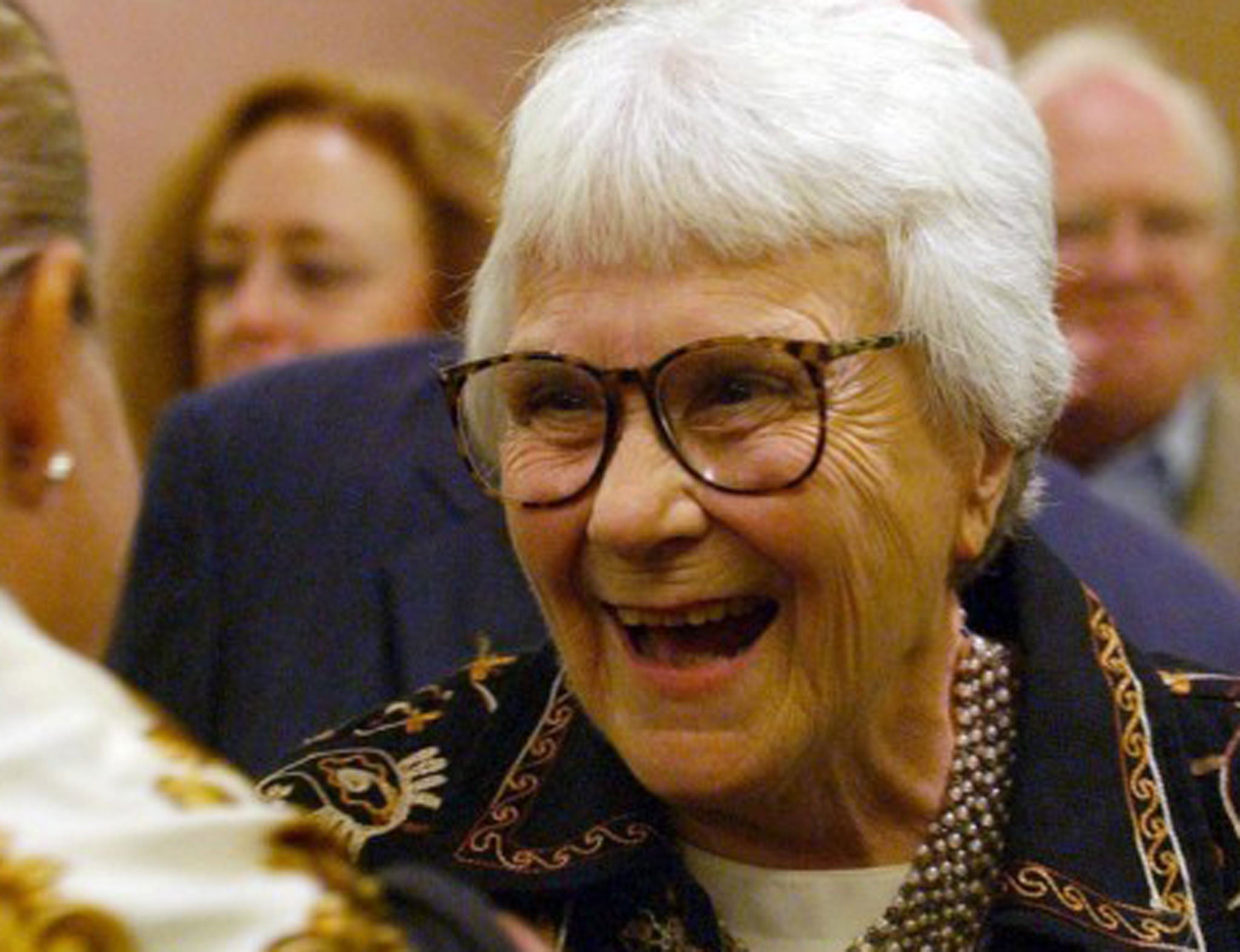Wikipedia in sexism row after labelling Harper Lee and others 'women novelists' while men are 'American novelists'
Feminist campaigners say they are 'disappointed' and 'shocked' at the online encyclopaedia's policy

Wikipedia has become embroiled in a sexism row after it emerged that its editors are giving less prominence to articles about women than to those about men.
Feminist campaigners said they were “disappointed” and “shocked” at the news that many female novelists born in the US were being placed in a subcategory on the online encyclopaedia named “American Women Novelists”, while their male counterparts were listed simply as “Novelists”.
“It is just horrendous,” said Caroline Criado-Perez of the feminist website The Women’s Room. “It perpetuates the idea that men are the default and don’t need to be marked in any way, whereas women are still seen as the outliers. If it is a prominent woman, it is a special case; it is a really Victorian attitude and shocking to see in 2013.”
She added: “It exemplifies how far we have to go for women just to be as accepted as men are; as the default.”
The “American Novelists” category on the site does contain some women’s names. However, the New York Times reported this week that many of those placed earlier in the alphabetical list had been moved into the subcategory for women.
The paper’s Amanda Filipacchi wrote in an opinion column: “The intention appears to be to create a list of ‘American Novelists’ on Wikipedia that is made up almost entirely of men. The category lists 3,837 authors, and the first few hundred of them are mainly men.”
She added: “If you look back in the ‘history’ of these women’s pages, you can see that they used to appear in the category ‘American novelists’, but that they were recently bumped down. Male novelists on Wikipedia, however – no matter how small or obscure they are – all get to be in the category ‘American novelists’.”
An internal note to editors of the “American Novelists” category on Wikipedia reads: “Pages in this category should be moved to subcategories where applicable. This category may require frequent maintenance to avoid becoming too large. It should directly contain very few, if any, articles and should mainly contain subcategories.”
A second note suggests that editors on the site are considering re-merging the two, with the issue currently being debated.
Professor Uta Frith of University College London led a session last year during which Wikipedia articles about under-appreciated women were extended and given a more appropriate weighting.
She said: “I certainly feel disappointed by this division into an unmarked form (novelists) and a marked form (female novelists). This kind of division has been studied by linguists a lot. I certainly would be most upset to see a distinction between scientists and female scientists.
“I don’t know for sure, but I am guessing that there was once an unmarked class ‘men’, meaning all mankind, and ‘women’, meaning a special subcategory, a special case of man,” she observed wryly.
A spokesman for the Wikimedia Foundation, which runs Wikipedia, did not respond to requests for comment.
Join our commenting forum
Join thought-provoking conversations, follow other Independent readers and see their replies
Comments
Bookmark popover
Removed from bookmarks